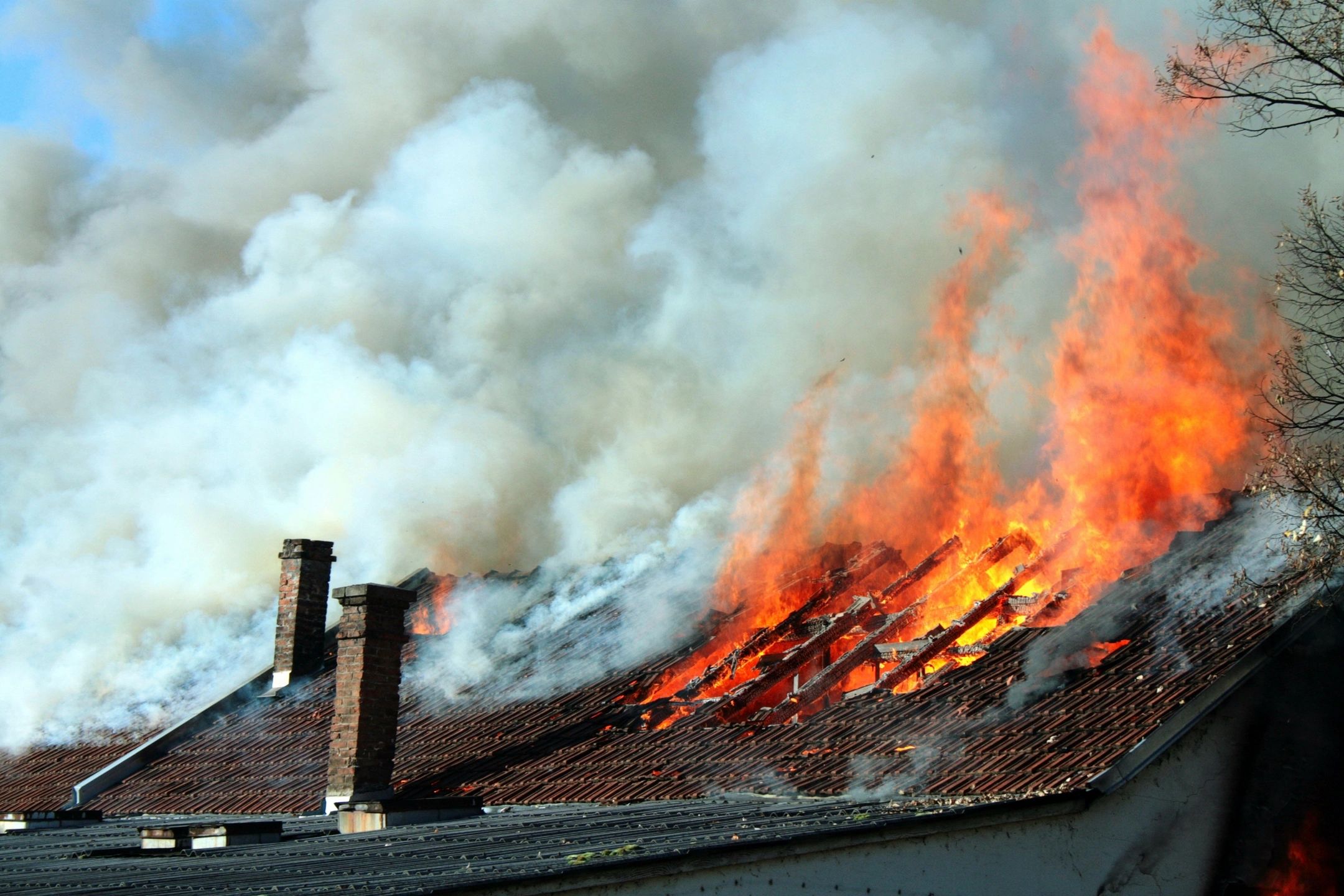At this time last year, nearly three million hectares of forest had been destroyed by wildfires. So far this year, only 500,000 hectares have been lost to fire.
Officials caution that the improvement over 2023 — the worst wildfire season on record — may not last, as forecasts for July and August resemble last year’s conditions.
Currently, there are 69 active wildfires across the country, with eight burning out of control. Most of the wildfires are in Alberta and B.C., with a few in Quebec.
No provinces or territories have requested federal assistance to combat the wildfires, and officials do not anticipate this will change in the near term.
Officials reported that while the Prairies, central, and eastern Canada have experienced rain in recent weeks, many regions have faced a shortage of precipitation over the last 12 months.
Michael Norton, the director general of the Northern Forestry Centre in Edmonton, stated that these dry conditions indicate “above normal levels of wildland fire activity remain likely” across the country in June and July.
Norton highlighted a high likelihood of above-average wildfire risk in June for areas from northeastern B.C. to western Labrador, as well as parts of New Brunswick and Nova Scotia.
Government officials, in a technical briefing on Wednesday, identified eastern Saskatchewan and northern Manitoba as having a “well above average” risk of wildfires in June.
For July, areas with above-average wildfire risk include regions from the Yukon and eastern B.C. to western Quebec. The regions facing well above-average wildfire risks cover most of the Northwest Territories, the Prairie provinces, and eastern B.C.
“Current conditions are very different compared to this time last year, and that has a significant influence on the outlook,” Norton remarked.



